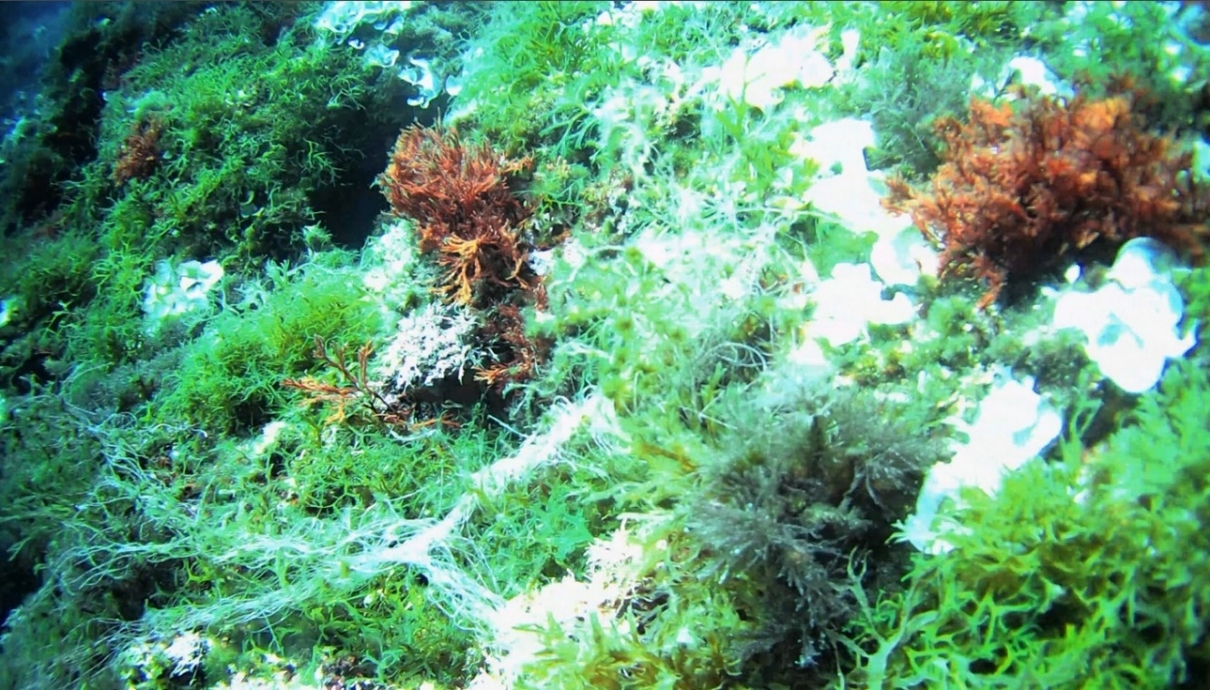The southern Adriatic is under pressure from pollution, overfishing, illegal fishing and ghost fishing – abandoned equipment that traps and kills marine life. Partners from Albania, Montenegro and Italy’s Apulia region joined forces under the EU-funded Adriatic Network for Marine Ecosystems (ADRINET) project to improve coastal management and preserve marine biodiversity and ecosystems. They gathered data on fishing routes and pollution and produced an environmental risk management plan. Further activities included seabed cleaning and implementation of a fishing gear traceability system.
ADRINET: preserving marine ecosystems in the southern Adriatic thanks to Interreg
- 07 September 2020
‘Traceability makes it possible for fishermen to be responsible for their equipment. It also helps the authorities find those responsible for abandoned nets.’
ADRINET established centres of reference in all three countries to get fishermen and local communities involved in cleaning up the seas. The centres hosted training for fishermen, help desks and informative events.
A joint coastal management tool was created, one element of which is a protocol on common coastal management and fishing strategies signed by all partners. The protocol was shared outside the partnership in the form of a memorandum of understanding which has been signed by 21 stakeholders so far.
Environmental and health risks
Fishing gear, much of it plastic, accounts for 27 % of all marine litter. As well as causing environmental problems, this equipment constitutes a health hazard. Fish ingest fragments of it and are then caught and eaten by humans.
ADRINET’s environmental risk management plan covers Castro Bay, Italy; the Bay of Vlorë, Albania; and the Bay of Kotor, Montenegro. Sea water from these areas was analysed, and reports on the analysis were used to formulate the plan. It gives details of ecosystems in each area, fishing practices and detected contaminants, including metals, pesticides, plastics and antibiotics.
Capacity building entailed training 180 fishermen on sustainable fishing and related technology and organisation of group sessions to address issues raised through the help desks. Site visits enabled 12 fishermen to exchange experience with colleagues from other countries.
Along with the protocol, the joint coastal management tool contains survey responses from fishing communities and GPS maps of fishing routes identifying places where lost equipment is likely to be found.
Three community maps and a handbook on joint management of pollution risks are included. Each partner is responsible for getting other stakeholders to sign the memorandum of understanding, the aim of which is to define a multilateral sustainable fishing policy.
Removing lost equipment
Three seabed cleaning missions involving around 120 fishermen and 60 vessels were carried out in locations identified in the joint coastal management tool. Over 40 days, 2.6 tonnes of fishing gear was removed and disposed of – by recycling where possible – and a report summarising the results was compiled.
Finally, radio frequency identification microchips were given to fishermen and fitted to 6 000 pieces of equipment, making it possible to recover them if they are lost.
Total investment and EU funding
Total investment for the project “ADRINET” is EUR 1 075 567 with the EU’s Instrument for Pre-Accession Assistance contributing EUR 914 231 through the “IPA CBC Italy – Albania – Montenegro” Operational Programme for the 2014-2020 programming period. The investment falls under the priority “Environmental protection, risk management and the shift towards the low carbon strategy”.

